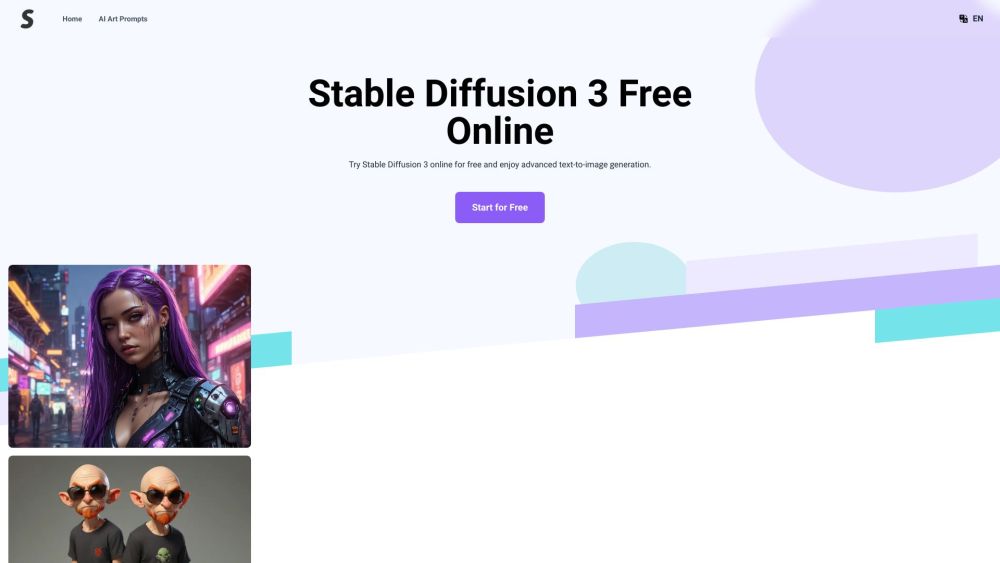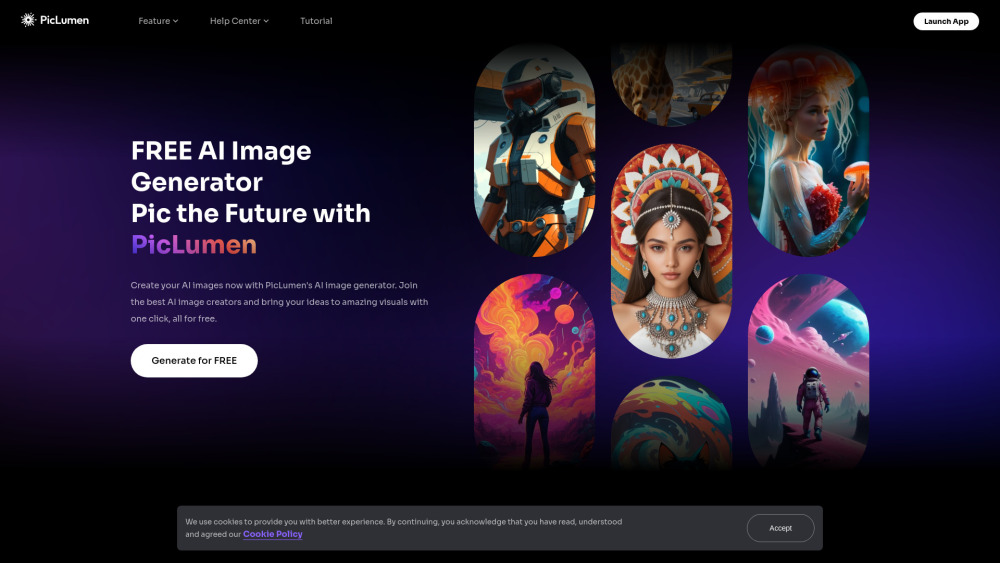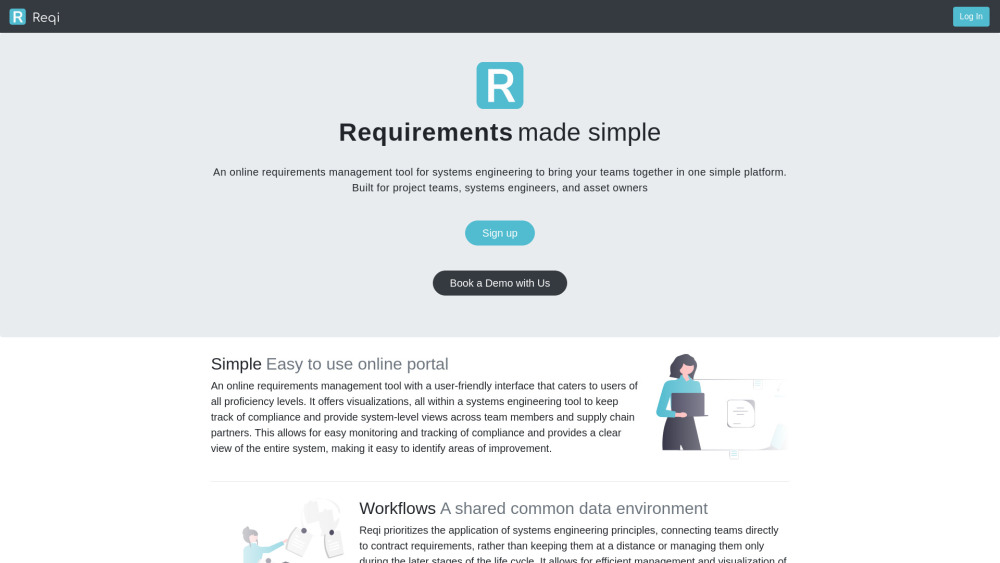Create and Share Web Apps with Quora’s Poe: New User-Friendly Features!
Most people like

In recent years, the emergence of advanced text-to-image models has revolutionized the field of artificial intelligence and creative content generation. These sophisticated systems leverage deep learning techniques to transform textual descriptions into stunning visual representations. By understanding the nuances of language and context, these models empower artists, marketers, and creators to dynamically bring their ideas to life. In this article, we delve into the mechanics, applications, and future potential of text-to-image technology, showcasing its impact on various industries and creative practices.

Discover the best free AI image generators available online, offering unrestricted access to create stunning visuals. Whether you're a professional artist or a casual enthusiast, these tools empower you to transform your ideas into captivating images effortlessly. Unleash your creativity with the top options that provide an unmatched blend of functionality and freedom!

LTX Studio is an all-in-one AI video platform that streamlines the entire filmmaking process from concept to final edit.

Streamline your systems engineering projects with our online requirements management tool. Designed to enhance collaboration and efficiency, this powerful software simplifies the process of capturing, tracking, and managing requirements. Elevate your engineering workflow and ensure project success with our user-friendly platform tailored for teams of all sizes.
Find AI tools in YBX
Related Articles
Refresh Articles
